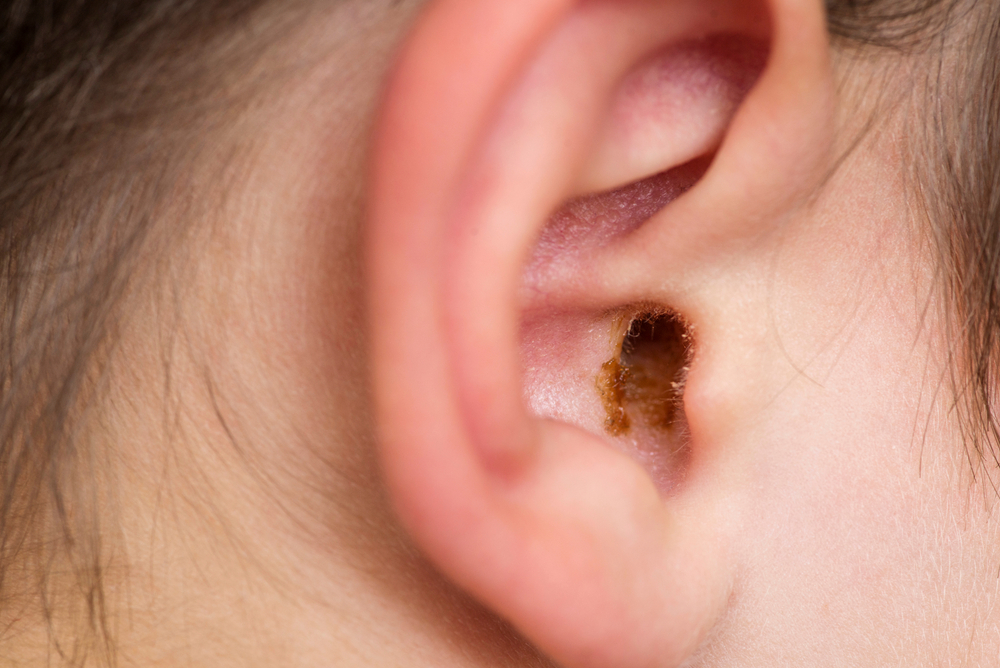
It’s likely that earwax and its buildup haven’t been subjects of extensive consideration for you, except maybe during ear hygiene routines. Nonetheless, comprehending what causes earwax, how it forms, and its purpose is essential.
So why does earwax accumulate?
Earwax, also technically called cerumen, is made up of a combination of sweat, skin particles, hair, debris, and ceruminous gland secretions. Earwax will appear as a waxy substance that will normally be yellow, orange, brown, or even grey.
While the production amount of earwax varies from person to person, adults typically produce less earwax than children. Furthermore, adult earwax is usually darker and denser compared to that of children.
Earwax goes by the outer ear canal naturally, ultimately reaching the ear opening, where it either self-expels or gets washed out during bathing.
Why do we need earwax?
Earwax serves several crucial functions, such as:
- Helping prevent ear infections.
- Stopping itchiness and dryness by moisturizing and protecting the lining of the ear canal.
- Before things such as dust, dirt, or other external debris get further up into the ear canal, earwax acts as a roadblock.
Earwax obstructions
Impacted earwax is a common issue, but it’s usually the only time you need to worry about it. In some cases, earwax is unable to easily get to the opening of the ear as a result of narrow or unusually shaped ear canals.
Wax can be unintentionally crammed up into the ear canal by utilizing improper cleaning methods like using cotton swabs.
People grappling with hearing loss who use earplugs or hearing aids are also susceptible to experiencing ear canal obstructions.
How is hearing impacted by too much earwax?
The occurrence of earwax blockages may yield mild discomfort and dampen auditory health.
Additionally, substantial buildup of earwax can induce tinnitus, a sensation of ringing in the ears.
Acoustic trauma might lead to long-term hearing loss, perforated eardrums, and long-term hearing loss if earwax obstructions go neglected.
How do you deal with impacted wax?
If you think you have an earwax blockage, consulting us quickly is imperative. Depending on the severity of the obstruction, you might be advised to make use of over-the-counter wax softening drops or a bulb syringe for gentle irrigation to alleviate the condition.
If you’re concerned about your earwax buildup, call us right away to schedule an appointment.